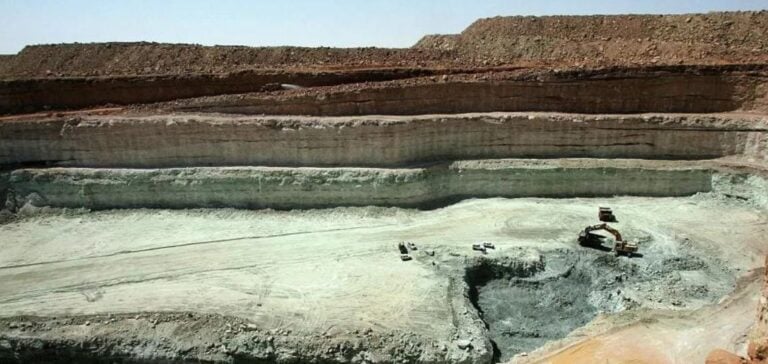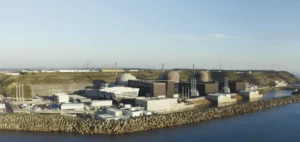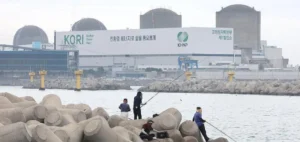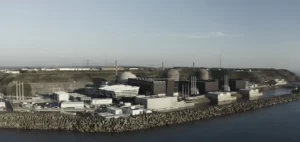The government of Niger has decided to withdraw the operating license for the Imouraren uranium mine from the French company Orano. This decision comes despite the resumption of work on the site, in response to the expectations of the Niger authorities. Orano confirmed the news, pointing out that the Imouraren infrastructure had been reopened since June 4, 2024 to accommodate construction teams and advance work. In a note dated June 11, Niger’s Ministry of Mines reiterated that the mining permit would be withdrawn if mining work had not begun within three months of March 19. Orano had announced the launch of “preparatory work” on June 12.
Economic and social impact
The Imouraren mine is one of the world’s largest uranium deposits, with reserves estimated at 200,000 tonnes. Orano had planned to employ 800 people, including subcontractors, during the project’s relaunch phase. The Niger government’s decision calls these prospects into question, with potential repercussions for employment and the local economy. Orano also operates the Somaïr mine in the Arlit region, following the closure of Cominak in 2021. The withdrawal of the Imouraren permit marks a turning point in relations between Niger and the foreign companies exploiting its natural resources.
Niger Sovereignty Strategy
Since the coup d’état in July 2023, the military regime in power in Niamey has made national sovereignty its priority. The Nigerien government is keen to carry out a thorough review of the system for the exploitation of raw materials by foreign companies, which could influence future investment in the country’s mining sector. Orano has expressed its willingness to maintain dialogue with the Niger authorities, while reserving the right to challenge this decision before the competent national or international legal bodies. This position reflects the strategic importance of the Imouraren mine for Orano and its implications for global uranium supply.
Impact on the nuclear industry
Niger accounts for 4.7% of the world’s natural uranium production, according to the Euratom Supply Agency (ESA). In 2022, around a quarter of the natural uranium used by European nuclear power plants came from Niger, putting it in second place after Kazakhstan and ahead of Canada. Niger’s decision could therefore have significant consequences for the European and global nuclear industry. Niger’s reassessment of the conditions under which natural resources are exploited is part of a broader trend in which producing countries are seeking to maximize the economic benefits of their resources. This approach could influence other African countries to follow a similar path, redefining relations with international mining companies.
The future of the Imouraren mine and its operation by Orano will now depend on future negotiations and possible legal action. The development of this situation will be crucial for players in the global energy sector.






















